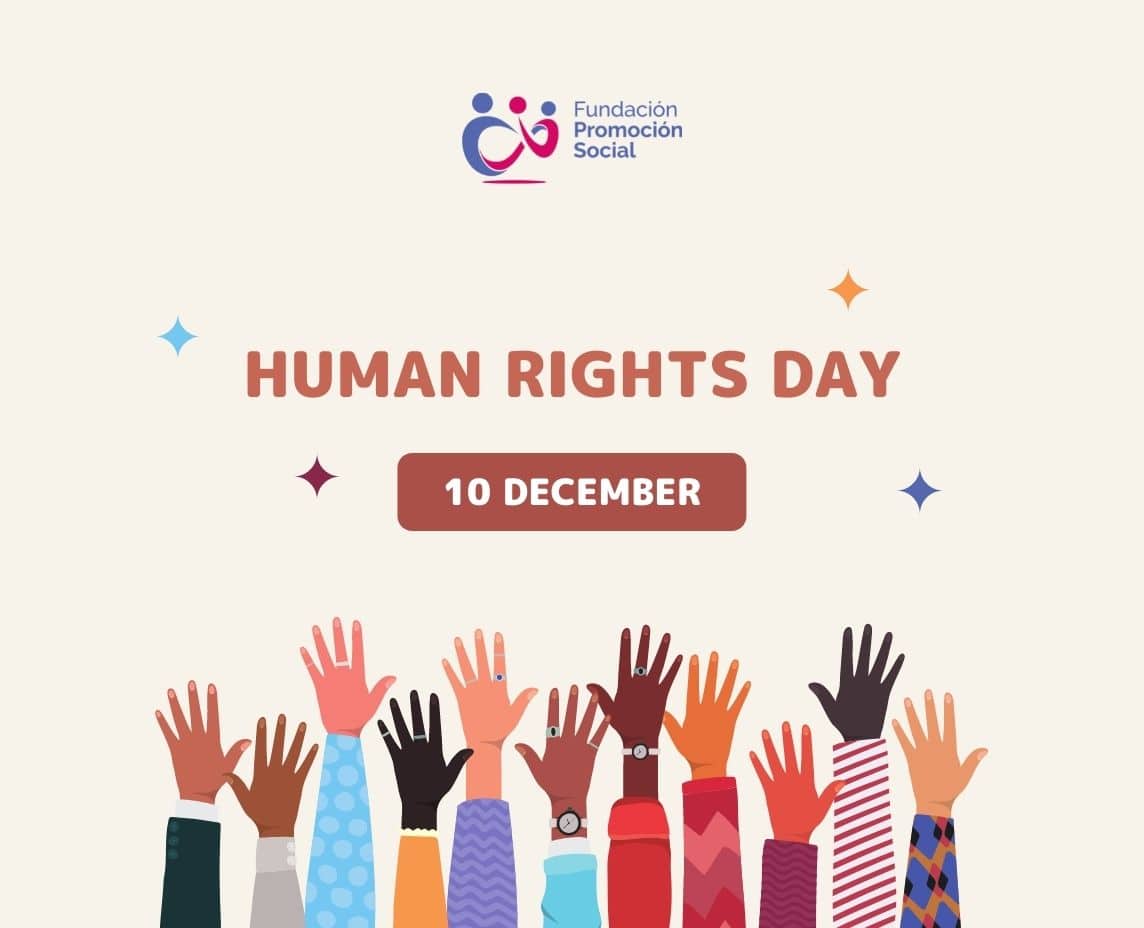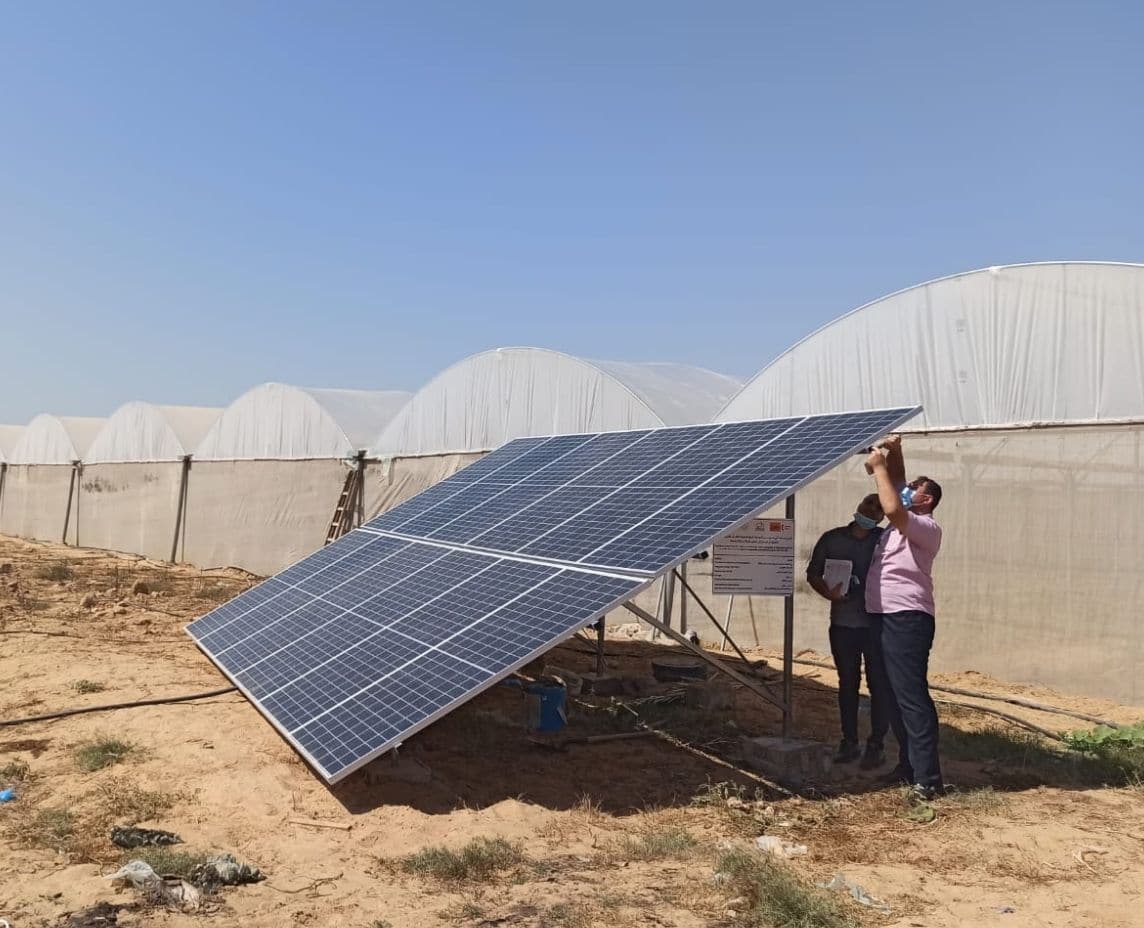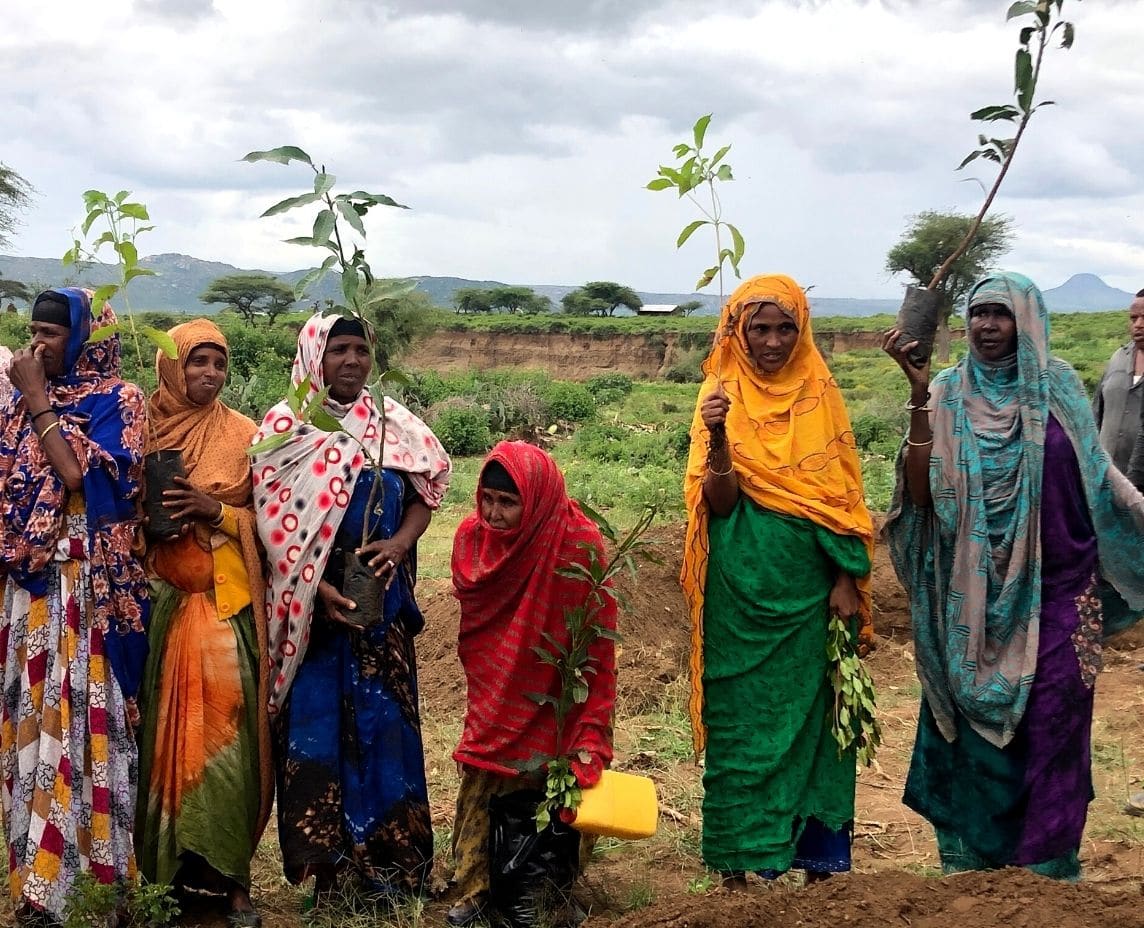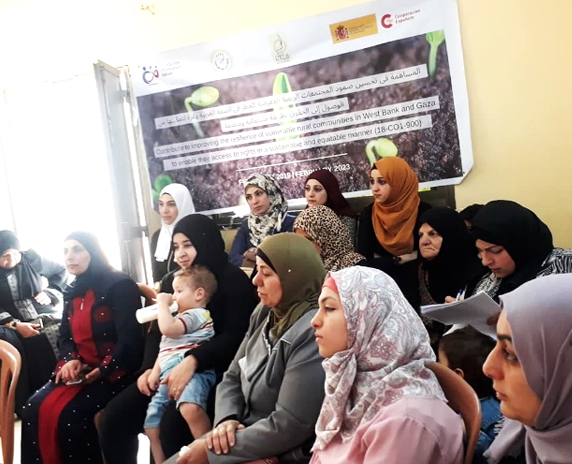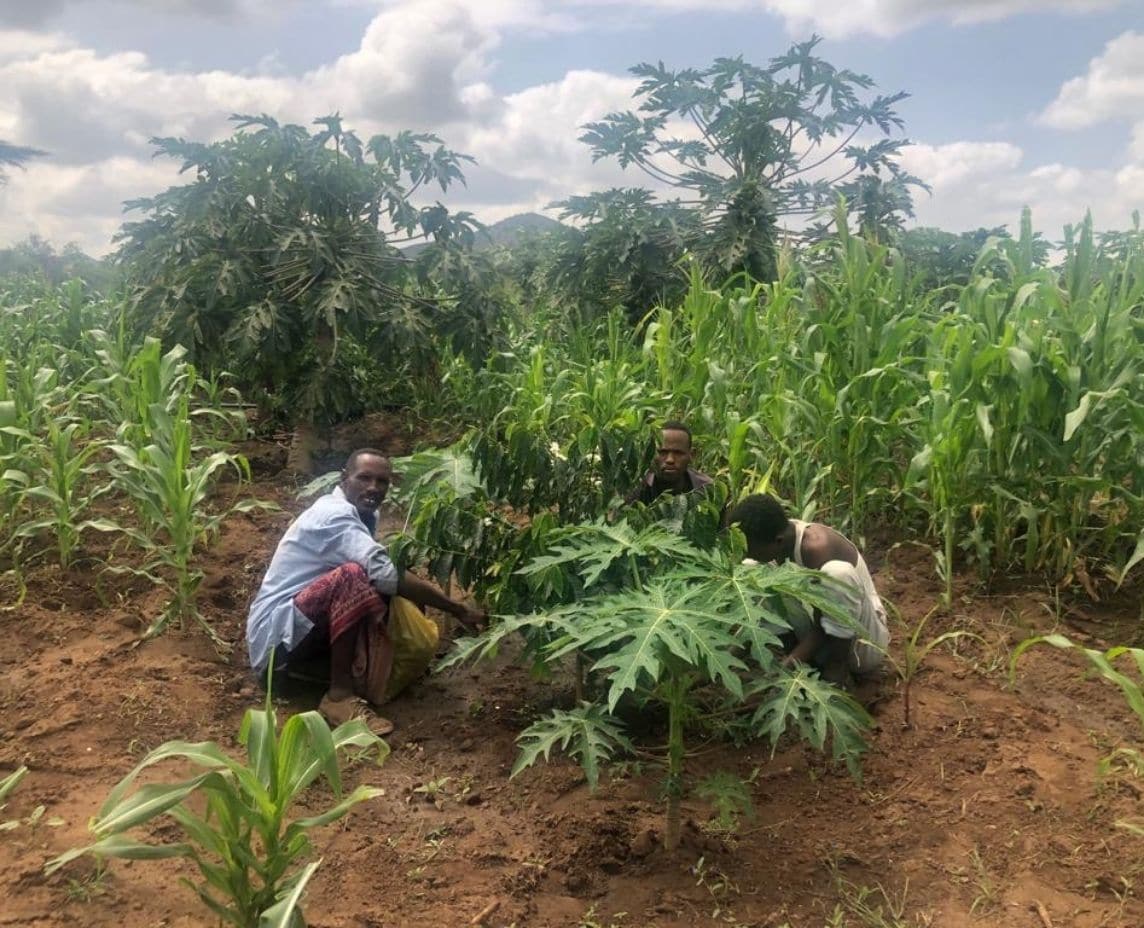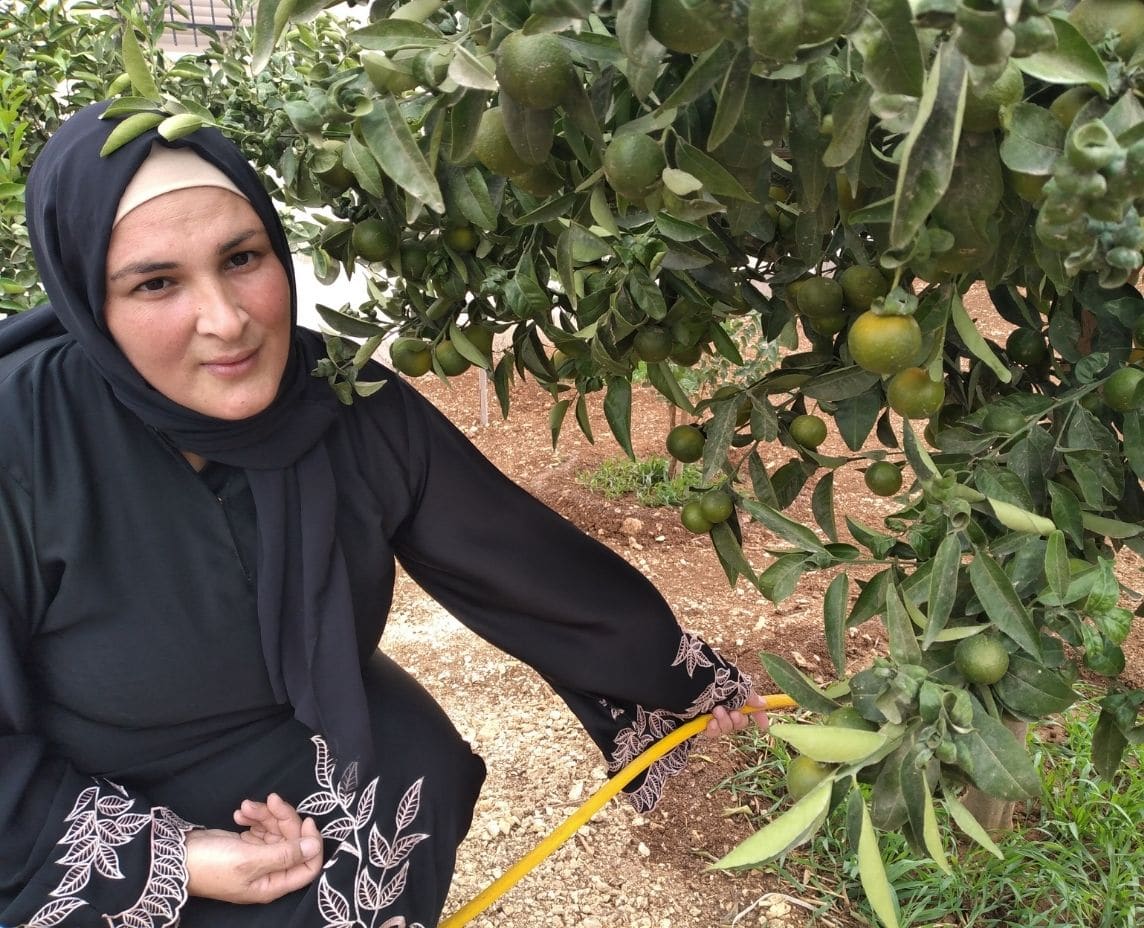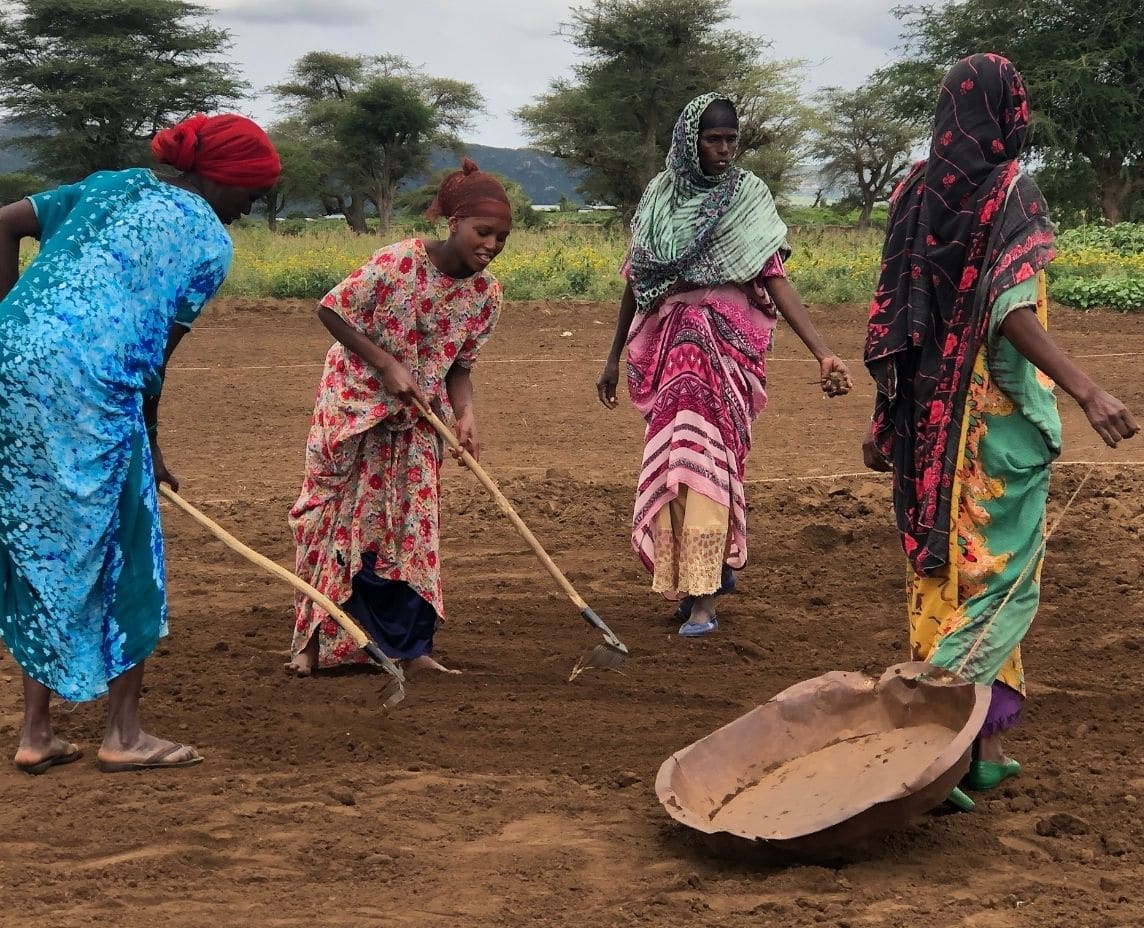The mission of Social Promotion Foundation is to promote the dignity of people in the world, which this year coincides with the motto chosen for the celebration of Human Rights Day (December 10): “All human beings are born free and equal in dignity and rights”.
The Foundation implements its development and emergency cooperation projects with a rights-based approach, paying special attention to the elimination of inequalities, the promotion of women in situations of discrimination or violation of their rights, and the promotion of climate justice.
Climate change is one of the main causes of biodiversity loss in the world and has serious consequences, such as the collapse of food and health systems. For the Foundation, in the current context of the global crisis generated by COVID-19, our work in countries such as Palestine and Ethiopia, where we work within the framework of two agreements financed by AECID, in order to combat the effects of climate change, is a priority.
In Palestine, one of the specific objectives is the application of clean energy, both in Gaza and in the West Bank. To do this, training is provided to local technicians in the field of solar energy in collaboration with the Center for Energy Research of the University of An Najah, and research and knowledge transfer is promoted, more specifically, converting waste from the oil mills, from obtaining oil, in a cleaner energy resource (biomass) and innovating in the treatment of solid waste (water with the remains of the oil), which is highly polluting, to prevent it from being spilled again and produce filtration.
Furthermore, climate change is significantly affecting the lives and livelihoods of pastoralist and farming communities in the Somali region of Ethiopia. Some initiatives put in place are the reduction of erosion through physical, biological and mechanical measures; the recovery of degraded areas through reforestation campaigns with native species and the increase of biodiversity through the reintroduction of adapted species and the creation of a nursery and a seed bank.
In both agreements, we promote the empowerment and autonomy of rural women through their accessibility to natural resources, production and the use of techniques. The incorporation of women into the cooperative fabric is promoted and their active participation in government bodies and in decision-making is encouraged.
Within the framework of the agreement in Palestine, productive agricultural enterprises and their commercialization are promoted, as well as the creation of women’s clubs and cooperatives. There is also an impact on issues of sensitization and public awareness about equal opportunities and rights.
In Ethiopia, the agreement includes a component to train women in their fundamental rights in order to combat and prevent female genital mutilation or forced marriages at an early age, practices that are particularly entrenched in the region.





